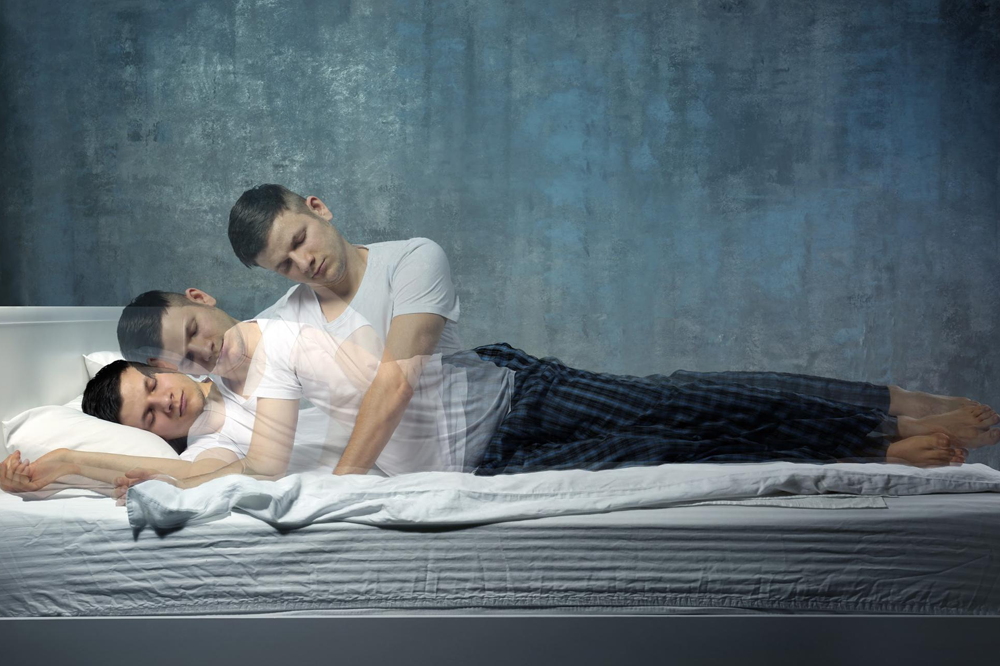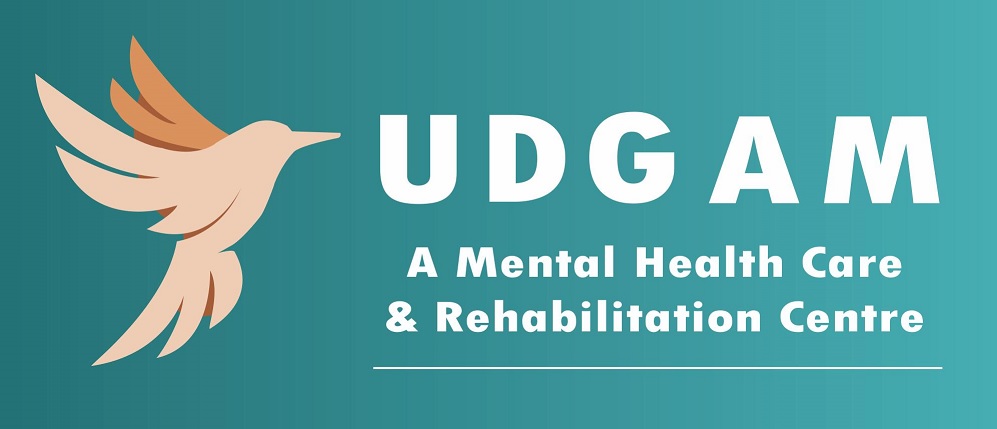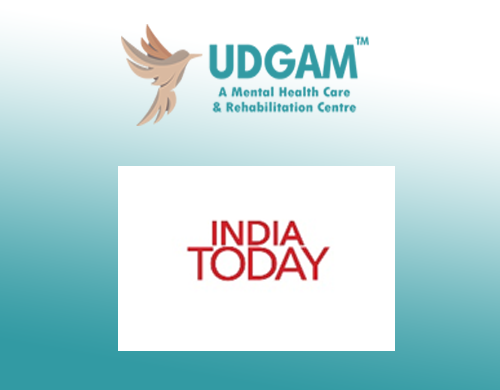
How not to lose sleep over Covid-19
Across India, the Covid-19 pandemic has triggered off waves of fear, uncertainty and insecurity, about everything from keeping one’s job to managing finances, lifestyles and health. Mental, emotional and physical stresses due to disrupted routines and the enforced lack of activity are at their peak. With WFH (working from home) still the norm for most, the constant apprehension about the pandemic that people carry with them has given rise to a number of health issues, such as anxiety and depression.
Many report a great deal of difficulty with changed sleeping patterns. “People have started sleeping later at night and waking up later in the morning, or even in the afternoon. This has degraded their quality of sleep,” says Dr Rajesh Kumar, consultant psychiatrist at Max Super Specialty Hospital. In a recent report published by the University of Chicago Medicine, researchers directly linked the degradation in sleeping patterns to stress, noting that ‘elevated stress and an overload of information can keep the mind racing and elevate the body’s arousal system response, triggering insomnia’. In other words, ‘coronasomnia’—a sleep crisis related to Covid-19—is for real.
What is Coronasomnia?
A well-coined term for problems relating to getting enough healthy sleep because of Covid-19, coronasomnia is a form of insomnia that arises from fear and insecurity and can affect even those who have never had insomnia. Pallavi Bhardwaj, health and lifestyle coach and co-founder of Save Well Being, explains that it is “different from regular insomnia because for many, it is a result of constant thinking and fear; fear for the health and wellbeing of loved ones, fear of losing one’s job and having to deal with a lack of resources. The lack of sleep because of this constant negative thought process is not a usual insomniac condition.”
Overconsumption of pandemic-related news is a major factor disturbing people’s sleeping patterns. “Overwork is another major factor in causing people to lose their sleep,” says Dr Kumar. Other contributing factors are the binge-watching of entertainment on TV/ online, an increase in sedentary lifestyles and a loss of natural time cues (daily cues like sunrise and sunset, as well as usually-fixed daily routines for meals or exercise). Aayushi Lakhapati, co-founder and chief health officer, 23BMI, explains one aspect of it like this: “People working remotely do not need to rush to reach work every morning. This allows them to stay up late at night watching TV or movies and shows online, without worrying about having to wake up early. This has led to poor sleeping habits, eventually leading to coronasomnia. Also, social gatherings and routine social activities [generally] serve as timekeepers for our sleep-wake cycles. The social isolation and confinement norms have disturbed these cycles.”
Do I Have It?
Sleep deprivation/ coronasomnia can manifest as a number of symptoms. Daytime fatigue, headaches or a heaviness of the head and generalised body aches are some. A poor attention span or an inability to concentrate, a strong urge to take naps during the workday, irritability, mood swings and poor work performance are some others. It can even go on to manifest as physical symptoms, causing changes in blood sugar patterns and blood pressure levels. “The human body requires a [period of] sound sleep at night to be energised the next morning. Those who don’t feel fresh and energetic when they wake up may be suffering a lack of sleep—they could be victims of coronasomnia,” says Lakhapati.
Psychiatrists and psychologists say they have seen an increase in patients complaining of constant fear, of persistent gloomy thoughts and disturbed sleep cycles. Dr Roma Kumar, chief psychologist and co-founder of Emotionally.in, says, “I have many friends and family members, apart from clients, who have been reporting sleep troubles or sleeplessness. Many report having bizarre dreams and nightmares, of getting the virus or losing a job or a loved one and becoming suddenly afraid they are unintentionally spreading the virus to others.”
Health experts say a lack of sleep can also cause emotions to surge in unexplained ways. One’s ability to regulate one’s own emotions can also become diminished. Existing stresses—whether in personal or professional settings—can become more stressful than before, and there is an impaired ability to deal with anger. Someone who becomes more stress-sensitive than normal can also find their own thoughts triggering off yet more mental distress. Insomnia can also trigger off hormonal imbalances or changes in appetite, leading to overeating or under eating.
A Good Night’s Rest
During a long-term, slow-burning crisis like the Covid-19 pandemic, people need all their reserves of emotional and mental resilience. In this, regular rest is essential. Maintaining a consistent sleep-wake schedule, following a daily routine that regularly includes some light physical activity and avoiding caffeine are some ways to ensure that your body gets the sleep it needs. “Try not to become anxious about your sleep troubles,” points out Dr Roma. “Worrying about insomnia will make sleep less likely.”
Healthy activities that make you happy—such as indoor games, meditating, chanting, yoga, taking up online courses of interest and pursuing creative activities—are also helpful. Lifestyle and diet changes also can help. “Avoid high-glycemic foods. Don’t do a crash diet or avoid carbohydrates, as they are a good source for the release of serotonin, a sleep-regulating hormone. Eat a balanced diet and control excess consumption of sugar and salt. Avoid overeating at night, as it increases liver activity, leading to sleep difficulty. Hydrate yourself well through the day and avoid drinking fluids at night,” advises Bhardwaj. Adds Lakhapati, “Consume foods rich in magnesium, melatonin, L-theanine and L-tryptophan, like nuts, eggs, chamomile tea, banana and berries. These help in getting a good night’s sleep.”
The virus won’t last forever, but the need for a good night’s sleep will. While fighting the pandemic, it is essential to schedule in wind-down time, to prevent the body getting stuck in constant fight or flight mode.




